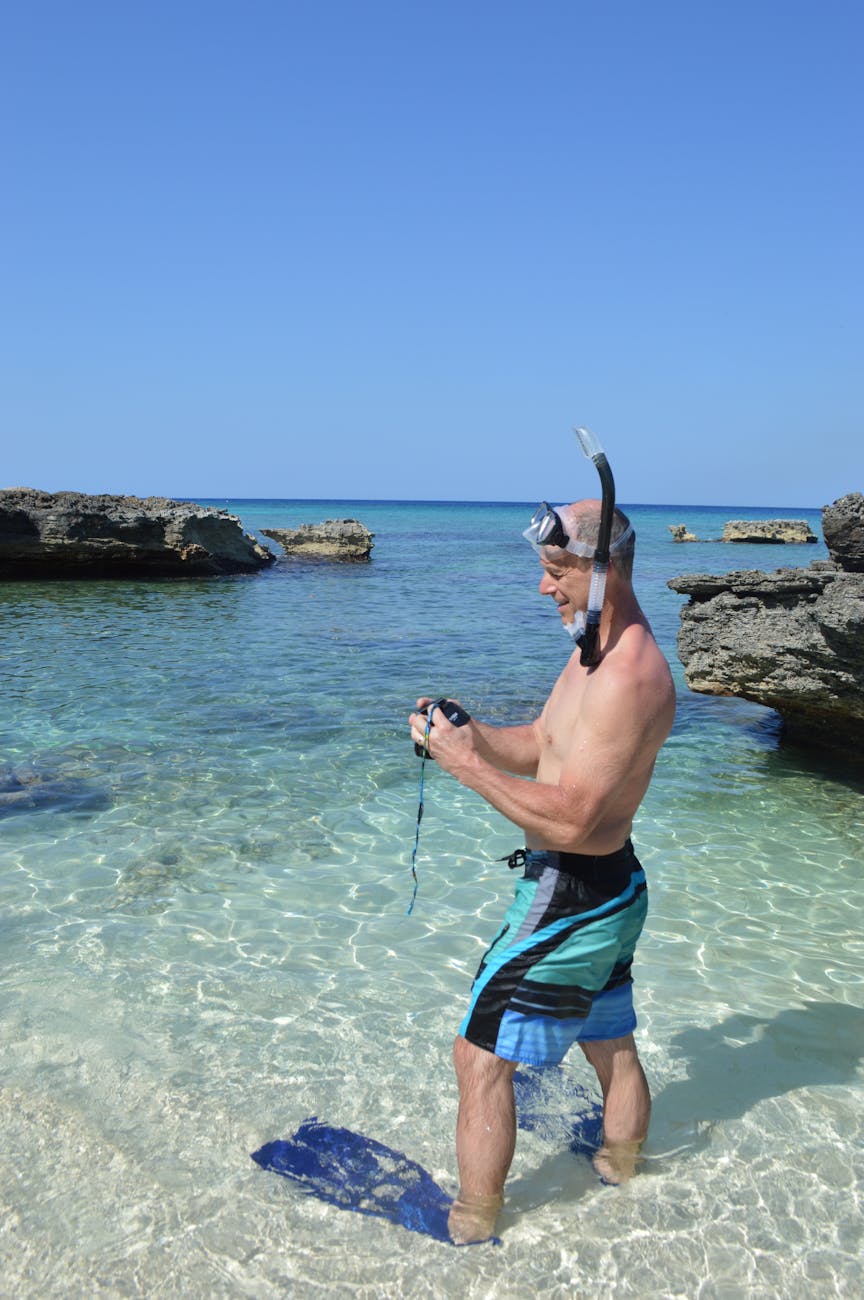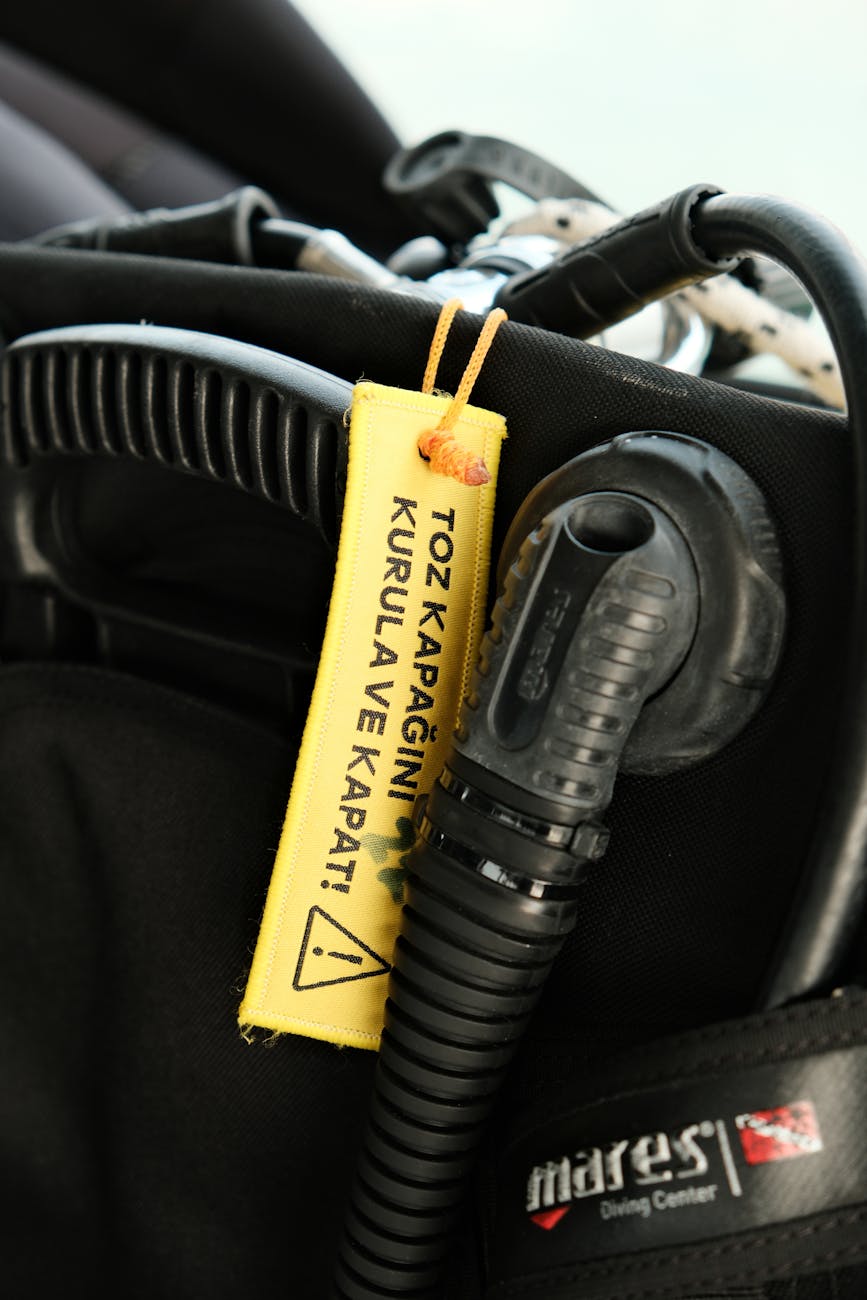Embarking on a Trip to Thailand opens the door to a vibrant world rich in culture, stunning landscapes, and exhilarating adventures. Among these adventures, diving in the crystalline waters of Thailand stands out as a must-experience activity. While exploring the underwater wonders can be awe-inspiring, ensuring safety during your diving excursions is paramount. Many travelers make common diving safety mistakes without realizing it, which can dampen the thrill of this unforgettable experience. This post will unveil these prevalent diving pitfalls and provide essential tips to enhance your diving safety during your Thai retreat.
Dive enthusiasts often overlook critical safety measures in the excitement of exploring Thailand’s underwater realm. By illuminating common mistakes and sharing actionable advice, this guide aims to transform your diving experience into one that is not only exhilarating but secure. Join us as we navigate through vital insights on how to dive safely and make the most of your Thai adventure.
Table of Contents
- Common Diving Safety Mistakes in Thailand
- Essential Pre-Dive Preparations
- Diving Guidelines to Enhance Safety
- Real-Life Examples and Tips
- Expert Recommendations for a Safe Dive
- Final Thoughts on Diving Safely in Thailand
- Frequently Asked Questions
Common Diving Safety Mistakes in Thailand
While diving in Thailand can be breathtaking, many divers fall prey to several safety mistakes that jeopardize their well-being. A notable issue is neglecting to perform adequate equipment checks prior to diving; this critical step can lead to equipment failure underwater. Always ensure that your gear is well-maintained and that you are familiar with its operation. Another frequent oversight is failing to dive within personal limits. New divers often feel pressure to tackle more challenging dives, but pushing beyond comfort zones can result in anxiety and dangerous situations. Respecting your own certified skill level is crucial for safety and enjoyment.
Moreover, many divers forget to maintain proper communication with their dive buddies. Establishing hand signals and ensuring everyone understands emergency protocols can be lifesaving. Weather conditions in Thailand can change rapidly, so diving without checking forecasts often leads to risky situations. A thorough understanding of local waters, currents, and visibility conditions can significantly enhance your safety. By recognizing and avoiding these common mistakes, you set the stage for a remarkable underwater adventure.
Essential Pre-Dive Preparations
Having a robust pre-dive plan can dramatically enhance safety during your diving experiences in Thailand. Start by selecting a credible dive operator that prioritizes safety and employs well-trained guides. Inspecting location-specific dive conditions is also vital, as awareness of potential hazards, such as currents and marine life, prepares you for possible challenges. Consult local dive forums or connect with fellow divers for insights on dive conditions and operator reputations.
Another layer of security comes from understanding the nuances of your dive equipment. Becoming adept at using your own gear, as well as knowing how to troubleshoot common issues, builds your confidence. Additionally, familiarizing yourself with the dive site beforehand, whether through briefings or video walkthroughs, allows you to mentally prepare for the dive. Incorporating these essential pre-dive measures ensures not only your safety but enhances your overall enjoyment, making every underwater moment unforgettable.
Diving Guidelines to Enhance Safety
Following specific guidelines during your dive can greatly mitigate risks. First, always adhere to the buddy system; diving without a partner makes you vulnerable, especially if an unexpected situation arises. Agree on a maximum depth and a time limit together. Moreover, continuously monitor air supply, ensuring you have enough for both ascent and emergencies. Ascending too quickly can cause serious health issues, so employing a safety stop is a non-negotiable step in any dive.
Moreover, maintaining situational awareness is key. Monitoring your environment allows you to quickly react to changes, such as currents or unexpected aquatic life interactions. Establishing a clear exit strategy is equally important; knowing how to safely return to your boat or the shore means you’re prepared for anything. By sticking to these diving guidelines, you not only prioritize safety but also maximize your overall diving enjoyment in Thailand.
Real-Life Examples and Tips
Real-life experiences can provide invaluable lessons regarding diving safety in Thailand. For instance, fellow divers often share stories about encountering strong currents unexpectedly. One such diver learned the hard way that failing to heed local weather warning signs led to a harrowing experience. Now, always checking the forecast and understanding the local tide patterns is a practice embraced by all safety-oriented divers. These firsthand accounts underline the necessity of sound judgment and environmental awareness.
Another tip comes from those who have navigated coral reefs and encountered unexpected marine life. Rushing toward a fascinating creature can often result in accidents; a local dive instructor shared that maintaining a respectful distance not only ensures safety but also allows for more authentic interactions with marine wildlife. Emphasizing patience and respect for the underwater ecosystem is essential in fostering a safer diving culture. Learning from real-life examples ensures you are better prepared for your diving adventures.
Expert Recommendations for a Safe Dive
Insights from seasoned diving professionals reinforce safety as a top priority. Expert divers advocate for continual education, advising divers to pursue advanced certifications to enhance their skill sets. Staying informed about the latest diving techniques and safety protocols can make a substantial difference in risky situations. Furthermore, experts recommend joining local diving communities to share experiences and advice, which nurtures a culture of safety and respect within the diving community.
Regular health checks are equally vital; ensuring you are physically fit to dive can prevent harmful situations underwater. Being mindful of factors such as dehydration or altitude sickness also plays a crucial role in maintaining safety. Experts encourage divers to assess their health thoroughly prior to embarking on diving trips. Fostering a proactive approach that prioritizes education, community engagement, and personal wellness can transform your diving experiences into safe and exhilarating adventures.
Empower Your Diving Experience in Thailand
Your trip to Thailand can be a magical blend of adventure and tranquility, especially when diving in its breathtaking waters. By understanding and avoiding common diving safety mistakes, implementing essential pre-dive preparations, adhering to guidelines, and embracing expert recommendations, you become empowered to fully enjoy your underwater journey. Remember, the goal is to appreciate the stunning marine life while ensuring your safety and that of your diving companions. Adopting these insights will help you thrive in Thailand’s divine underwater world, transforming you from an average diver into a responsible explorer of the seas.
Frequently Asked Questions
What is the best time to dive in Thailand?
The ideal time to dive in Thailand is typically from November to April when the weather is calmer, and underwater visibility is better.
Do I need a diving certification to dive in Thailand?
Yes, most dive operators require certification to ensure safety during dives. Beginner divers can enroll in courses before diving with certified guides.
What should I bring for my diving trip?
Bring personal dive gear, such as a wetsuit and mask, along with essentials like sunscreen, a dive computer, and a first aid kit for safety.
Are there specific marine life to be cautious of in Thailand?
Yes, it’s essential to be aware of potential encounters with jellyfish, lionfish, and sea urchins, which may pose risks if not respected from a distance.
Can I dive alone in Thailand?
While some dive sites may allow solo divers, it is strongly recommended to dive with a buddy for safety and emergency support.
Image Credit: Pexels





